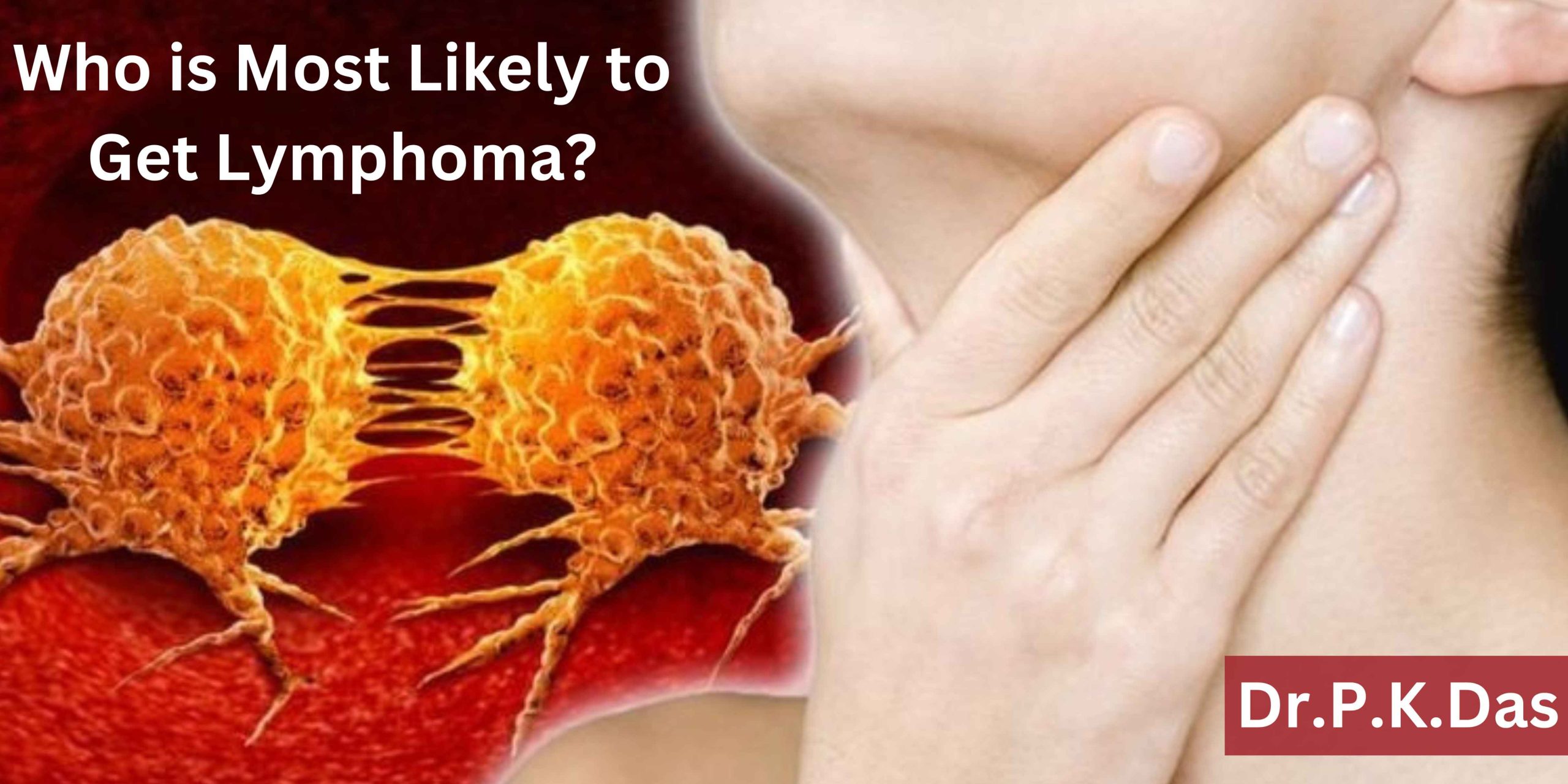Lymphoma is a type of cancer termed Lymphoma external icon that starts in the lymph system in the human body. The Lymph system refers to the tissues and organs that produce and carry infection-fighting white blood cells. There are two kinds of lymphoma; Hodgkin lymphoma and Non-Hodgkin lymphoma, both of which can occur in people of various age groups. With early diagnosis and effective treatments by Dr. PK Das, a cancer specialist, and a renowned lymphoma oncologist in Delhi, people are living with lymphoma.
What Causes Lymphoma?
Scientific researchers still do not fully understand the main causes of lymphoma, but certain links are found like:
- HIV-infected people are at higher risk of getting lymphoma.
- Other viruses, like the human T-cell lymphotropic virus external icon and Epstein Barr virus, are linked with the disease called lymphoma.
- Exposure to very high levels of ionizing radiation is associated with the risk of getting lymphoma.
- Family history also causes a higher risk of lymphoma.
- Some investigations suggest that ingredients in pesticides can be linked with lymphoma.
Talk to Dr. PK Das cancer specialist, if you have a family medical history of lymphoma cancer which may increase your risk of getting lymphoma.
Symptoms of Lymphoma
Symptoms of lymphoma are swollen lymph nodes, including night sweats, fever, feeling tired, and weight loss. If you get to experience any of these symptoms, talk to Dr. PK Das, a lymphoma specialist in Delhi. Some general symptoms of lymphoma are:
- Painless swelling of lymph nodes
- Persistent fatigue.
- Unexplained fever.
- Night sweats.
- Shortness of breath.
- Unexplained weight loss.
- Itchy skin.
Causes and risk factors for lymphoma
Lymphoma is a type of cancer that occurs when lymphocytes grow out of control. It occurs when the DNA of a lymphocyte modifies and stops responding to the signals to keep everything under control. According to a lymphoma oncologist in Delhi, DNA mutations are completely harmless, but sometimes they can affect critical genes. When more critical genes get affected, it can lead to lymphoma cancer.
Risk factors for lymphoma
Several risk factors linked to lymphoma can increase the chance of developing lymphoma. Risk factors for lymphoma:
- age
- family history
- a lowered immune system
- autoimmune conditions
- other factors like history of cancer treatment, excessive
- weight and due to the reaction of Chemicals
- Viral and bacterial infections
Lymphoma is not an infectious disease, but there are certain types of infections that increase the chance of developing lymphoma. They are:
- Some viruses infect lymphocytes and cause lymphoma. These viruses can cause mutation to the DNA of the cells to form cancer.
- Some infections make the immune system of your body too active that your body makes new lymphocytes constantly, which can lead to lymphoma cancer.
- Some infections weaken your immune system, and your body cannot fight off infections, including lymphoma.
Hodgkin lymphoma risk factors
- History of infection with EBV virus that causes infectious mononucleosis
- Weakened immune system
- This type of lymphoma occurs in early adulthood or late adulthood.
- Family history
- Exposure to herbicides
Non-Hodgkin lymphoma risk factors
- Common in people over 60.
- Exposure to chemicals like benzene and pesticides,
- History of getting chemotherapy or radiation therapy
- Radiation exposure
- Immune system deficiency
- HIV infection
- Infection with HTLV-1, HHV8, or Epstein-Barr virus
- Chronic infection with HCV, or Helicobacter pylori.
Diagnosis of lymphoma
For the diagnosis of lymphoma, a lymphoma specialist in Delhi will do a biopsy. This process involves extracting cells from a widened lymph node. A hematopathologist will examine to determine if lymphoma cells and what type are present. If he detects any lymphoma cells, he will do other tests to identify the extent. These tests are:
- a chest X-ray
- blood testing
- testing nearby lymph nodes
- a bone marrow aspiration
- a lumbar puncture
- an abdominal ultrasound
Imaging scans may also identify enlarged lymph nodes.
Conclusion
Lymphoma cancer is a kind of severe illness that can lead to death if not treated timely. Recently, lymphoma treatments have gone through a lot of improvements that are providing hope to people to live longer, up to five years after diagnosis. Talk to Dr. PK Das, the lymphoma oncologist in Delhi, if you consider that you are at risk for lymphoma. He can help you with a personalized end-to-end detailed consultation covering every aspect of the disease and post-treatment. With the latest technology and equipment, he, as a lymphoma specialist in Delhi, can provide the most scientifically advanced treatment to you.
0








